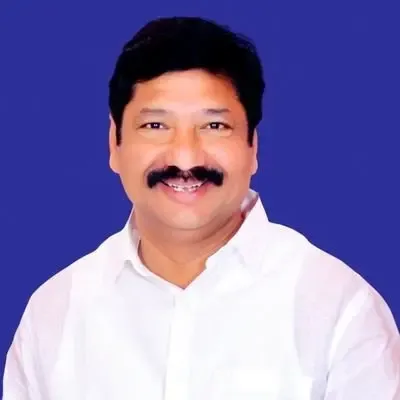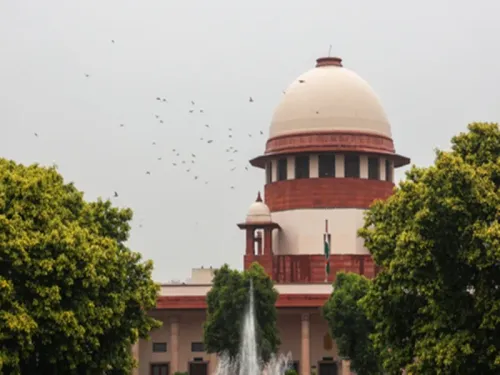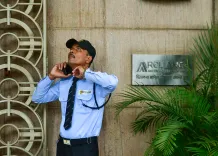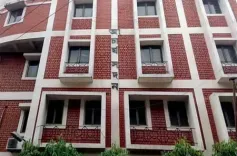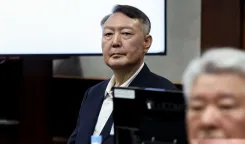What Impact Did Swami Dayanand Saraswati Have on India's Freedom?
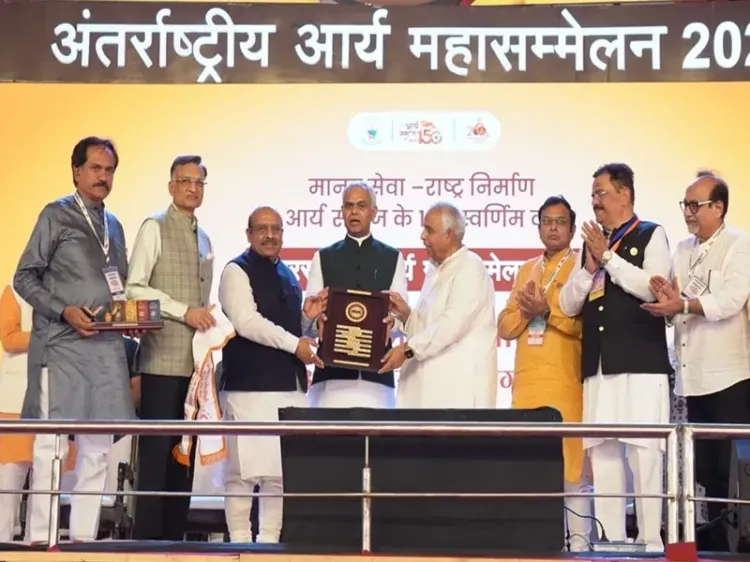
Synopsis
Key Takeaways
- Swami Dayanand Saraswati was a pivotal figure in India's freedom movement.
- His teachings inspired a generation of revolutionaries.
- Satyarth Prakash laid the philosophical foundation for a reformed India.
- Swami Shraddhanand played a significant role in the 1919 Satyagraha.
- The event marked an important celebration of Arya Samaj's contributions.
New Delhi, Nov 2 (NationPress) The Speaker of the Delhi Legislative Assembly, Vijender Gupta, remarked on Sunday that Swami Dayanand Saraswati was not merely a saint and reformer but the genuine architect of India's freedom.
"His teachings ignited the flame of revolution that ultimately illuminated the entire nation," Gupta stated during the International Arya Samaj Conference held in Rohini to celebrate 150 years of Arya Samaj.
The event saw participation from Gujarat Governor Acharya Devvrat, Punam Suri, the National President of DAV Management, and Surender, the International President of Arya Samaj, along with delegates from various parts of India and abroad, as per a statement.
Speaker Gupta commended the everlasting contributions of Swami Dayanand Saraswati, whose vision and teachings continue to inspire generations.
He mentioned that Satyarth Prakash not only enlightened society but also laid the philosophical groundwork for a new India that cherishes truth, equality, and national awakening.
“During Swami Dayanand's time, the urgent need of the nation was independence, and it was he who first planted the seeds of that monumental revolution. His call for truth and justice became the moral backbone of India’s freedom struggle,” he added.
Gupta highlighted that Swami Dayanand's influence ran deep within India’s national movement, motivating revolutionaries such as Lala Lajpat Rai and Ram Prasad Bismil.
He emphasized the remarkable role of Swami Shraddhanand, who valiantly carried forward Swami Dayanand’s legacy.
“Swami Shraddhanand's leadership during the 1919 Satyagraha in Delhi sparked the initial flame of the Jallianwala Bagh movement. When the British opened fire on peaceful demonstrators in Chandni Chowk, he stood resolutely at the forefront. Gandhiji himself stated that ‘the word of Swami Shraddhanand was law in Delhi’,” he remarked.
The Speaker further established a compelling historical link between Delhi’s Legislative Assembly and the Imperial Legislative Council, referring to it as “the country’s first Parliament.”
He recounted how the notorious Rowlatt Act was passed there in 1919 amidst Indian opposition, leading to Gandhiji’s call for Satyagraha in response to that injustice.
“It was Swami Shraddhanand who first gave shape to the movement in Delhi, awakening the nation’s conscience,” Gupta concluded.


